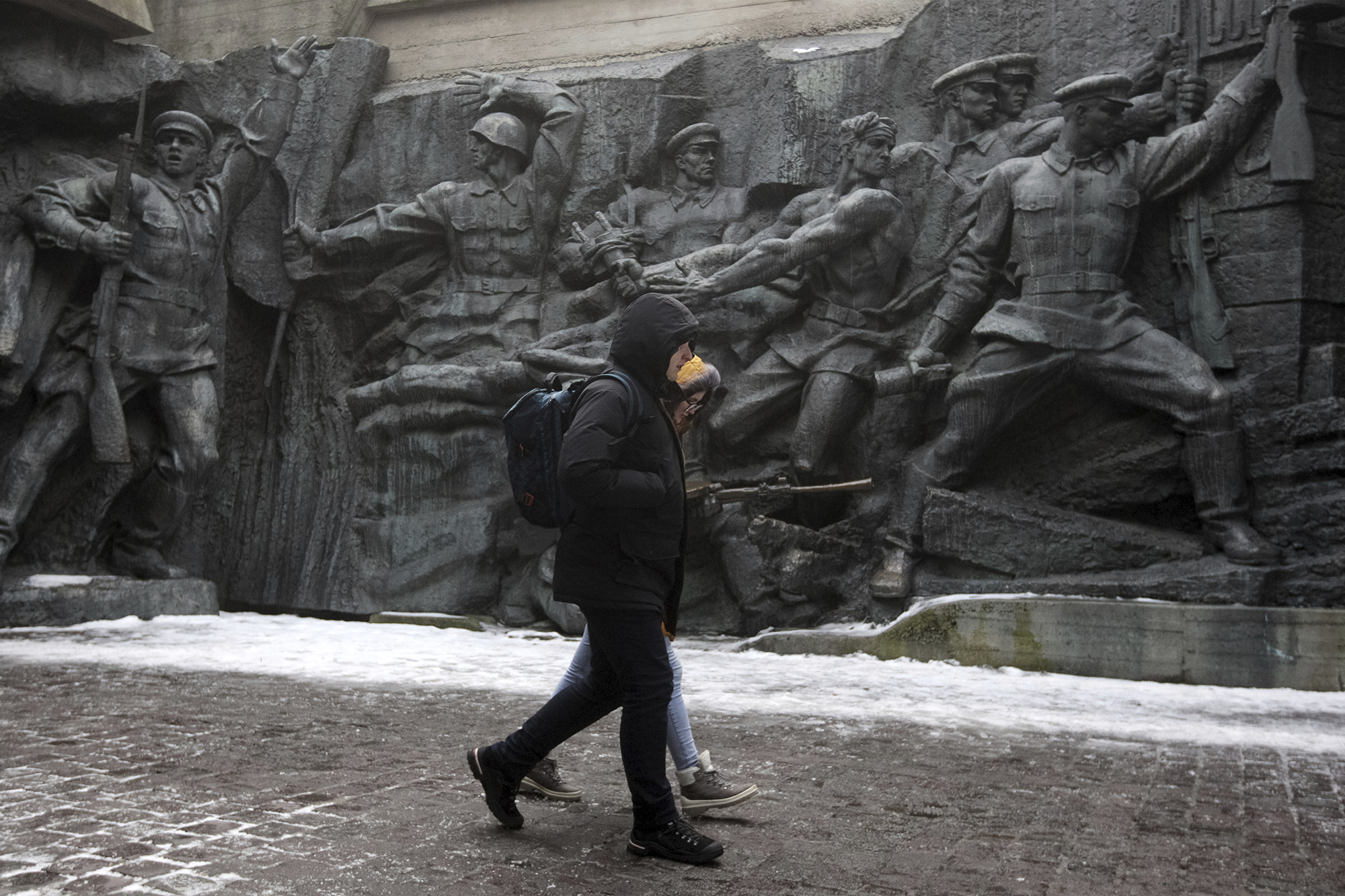Russia is commemorating two anniversaries: the 100th anniversary of the Soviet Union’s founding and the 31st anniversary of its dissolution. The Soviet Union was established on December 30, 1922, following the Bolshevik Revolution of November 1917. Until December 26, 1991, when it was dissolved.

What does India think of Russia?
- Special Strategic Partner: Vladimir Putin’s Russia is still regarded as the Soviet Union’s heir and as a special strategic partner.
- The Ukraine war has had little impact on the ties: Putin’s aggression against Ukraine and his brutal bombing of its civilian population, which Moscow claims is an integral part of Russia, has had little impact on how the Indian political classes view the crisis.
- Russia as an anti-imperialist power: The Soviet Union has been viewed solely through the ideological lens of progressive politics nationalist, internationalist, communist, and anti-imperialist on the left and center of the Indian political spectrum. That lens, however, is divorced from Russia’s history and the ongoing battle for its political soul.
- Russia as a lifelong friend: Within the strategic community, the belief that Russia is India’s “forever best friend” leaves little room for a more nuanced view of Russia’s domestic and international politics.
Russia’s behavior through Russian History
- The Bolshevik Revolution: Initially aimed at destroying the Russian Orthodox Church, it was eventually used to deify the Soviet state and lent a religious hue to the claim of Russian exceptionalism.
- Alliance with Orthodoxy: Putin has elevated his relationship with the Russian Orthodox Church. Today, the effort to retake Ukraine is considered a “holy war” by Russian nationalists.
- After WWII, Soviet Russia insisted that fellow communist states had only “limited sovereignty,” and that Moscow had the right to intervene to keep them on the straight and narrow path of socialism and prevent their destabilization. This impulse drove military incursions into Hungary (1956), Czechoslovakia (1968), and Afghanistan (1979).
- Russia has not given up Imperialist tradition: In claiming that Ukraine has no sovereignty of its own, Putin is merely following that imperial tradition as well as the conviction that Ukraine, Belarus and Russian-speaking people everywhere are part of the “Russkiy Mir” or the “Russian world”.
- Mao’s assessment of Russia: Mao began to characterize Russia as an “imperial power” after separating from the Russian communists. Mao was well aware of the ongoing conflict between the Chinese and Russian empires.
Analyzing Russia’s internal politics
- Weak federalism by Lenin: The founder of the Soviet Union, Vladimir Lenin warned against the dangers of “great Russian chauvinism”. He was adamant about establishing a federal polity with the right of various nationalities to secede.
- Strong soviet by Stalin: Stalin, however, turned Russian federalism into a hollow shell and erased the difference between the “Soviet Union” and “Soviet Russia”.
- Putin refuses to recognize Ukraine: Putin chastised Lenin for giving Ukraine a separate identity. “Modern Ukraine can rightly be called ‘Vladimir Ilyich Lenin’s Ukraine,” Putin said.
- Stalling the democratic process: Moscow’s enduring autocratic impulse, rooted in the stalled democratic revolution. Historically, Russia’s fear of disorder has led to a high level of trust in strong leaders.
- The tendency to centralize: The frequent but unsuccessful attempts at political liberalization in Russia have created fertile ground for leaders like Putin to consolidate power, increasing the likelihood of grave miscalculation.
What should India’s policy toward Russia be?
- Not criticizing Russia directly: Official India is not blind to the fact that Putin’s “special military operation” has gone horribly wrong, despite its reluctance to directly criticize Russian aggression.
- Observing the changing world order: India will inevitably find ways to adjust to the tectonic shifts in the world order caused by Putin’s miscalculation.
- Learning from Putin’s blunder: The Indian political and strategic communities must confront the numerous complex factors that contributed to Putin’s egregious mistakes in Ukraine.
@the end
To understand how the Ukrainian conflict will unfold and its long-term implications for India, India’s discourse must pay more attention to Russia’s turbulent history and its troubled relations with its Central European neighbors.
Source: https://www.researchgate.net/publication/361450288_The_Russian-Ukrainian_war_An_explanatory_essay_through_the_theoretical_lens_of_international_relations
